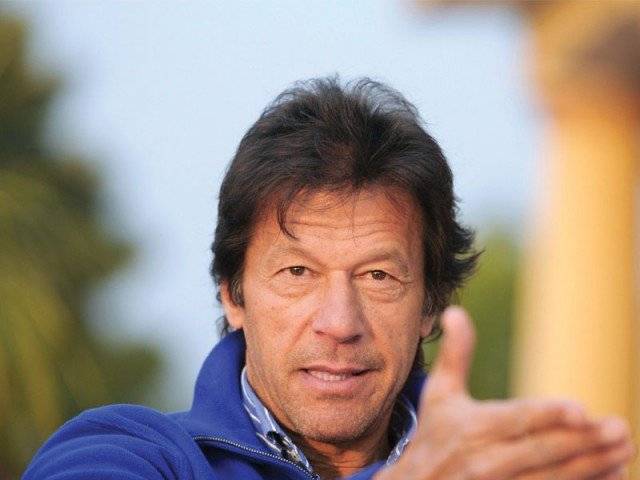In the run up to the May 2013 general elections, Pakistan Tehreek-i-e-Insaaf emerged as that wildly popular mainstream political party that might just pull off the sort of revolution that this country desperately needs. However, two year after a famous election campaign and victory in Khyber-Pakhtunkhwa, Pakistan Tehreek-i-Insaaf is yet to take its next step. During the first year, PTI accepted the electoral results and played along rather quietly. However, after the indictment of Musharraf on charges of high treason on 31 March 2014 and the launch of Operation Zarb-e-Azb against Pakistani Taliban two and a half months later, PTI decided it was not a wrong August for launching a four month long sit-in outside the Parliament against the members of the Parliament inside, in company with the cadres of a cleric who was neither a parliamentarian nor a permanent citizen. The joint parliamentary sessions called in response to Imran Khan’s allegations from the container did not help. Eventually sobered by the suicidal terrorist attacks on the Army Public School in Peshawar in December, the party decided to wrap up its sit-in in Islamabad.
Now, finding that it was the Parliament that was going to take the decision to join the Saudi coalition against the rebels in Yemen, PTI had no choice but to acknowledge the functionality of the parliament, as opposed to its legitimacy. However, among the several political inanities voiced and acted by Imran Khan, the decision to use the resignations of his parliamentarians as political leverage is turning out to be the most problematic.
Yesterday, original petitions against PTI’s latest maneuver were accepted for hearing before Justice Mansoor Ali Shah in the Lahore High Court and Justices Athar Minallah and Aamer Farooq in the Islamabad High Court. Being the final custodians of the Constitution, the High Courts and the Supreme Court might just have the authority to interpret the resignations in a manner so as to take the matter beyond the scope of the Speaker’s powers.
It is difficult to expect a mainstream political party to drastically change its approach to politics and law. However, for the time being, one lesson is clear for the PTI to see: using parliamentarians’ resignations as political leverage is to be avoided as it might not be possible to take a graceful U-turn on it.
Thursday, April 18, 2024
Politics Of U-Turns

Stefanos Tsitsipas advances in Barcelona
4:19 PM | April 18, 2024
Met Office predicts more rains across country till April 29
2:51 PM | April 18, 2024
Punjab changes school timings for summer season
1:55 PM | April 18, 2024
Enemies of Pakistan are unable to digest investment in the country: Ataullah Tarar
1:29 PM | April 18, 2024
IHC restores Bushra Bibi's appeal for shifting to Adiala Jail from Bani Gala
1:24 PM | April 18, 2024
Hepatitis Challenge
April 18, 2024
IMF Predictions
April 18, 2024
Wheat War
April 18, 2024
Rail Revival
April 17, 2024
Addressing Climate Change
April 17, 2024
Justice denied
April 18, 2024
AI dilemmas unveiled
April 18, 2024
Tax tangle
April 18, 2024
Workforce inequality
April 17, 2024
New partnerships
April 17, 2024
ePaper - Nawaiwaqt
Advertisement
Nawaiwaqt Group | Copyright © 2024





